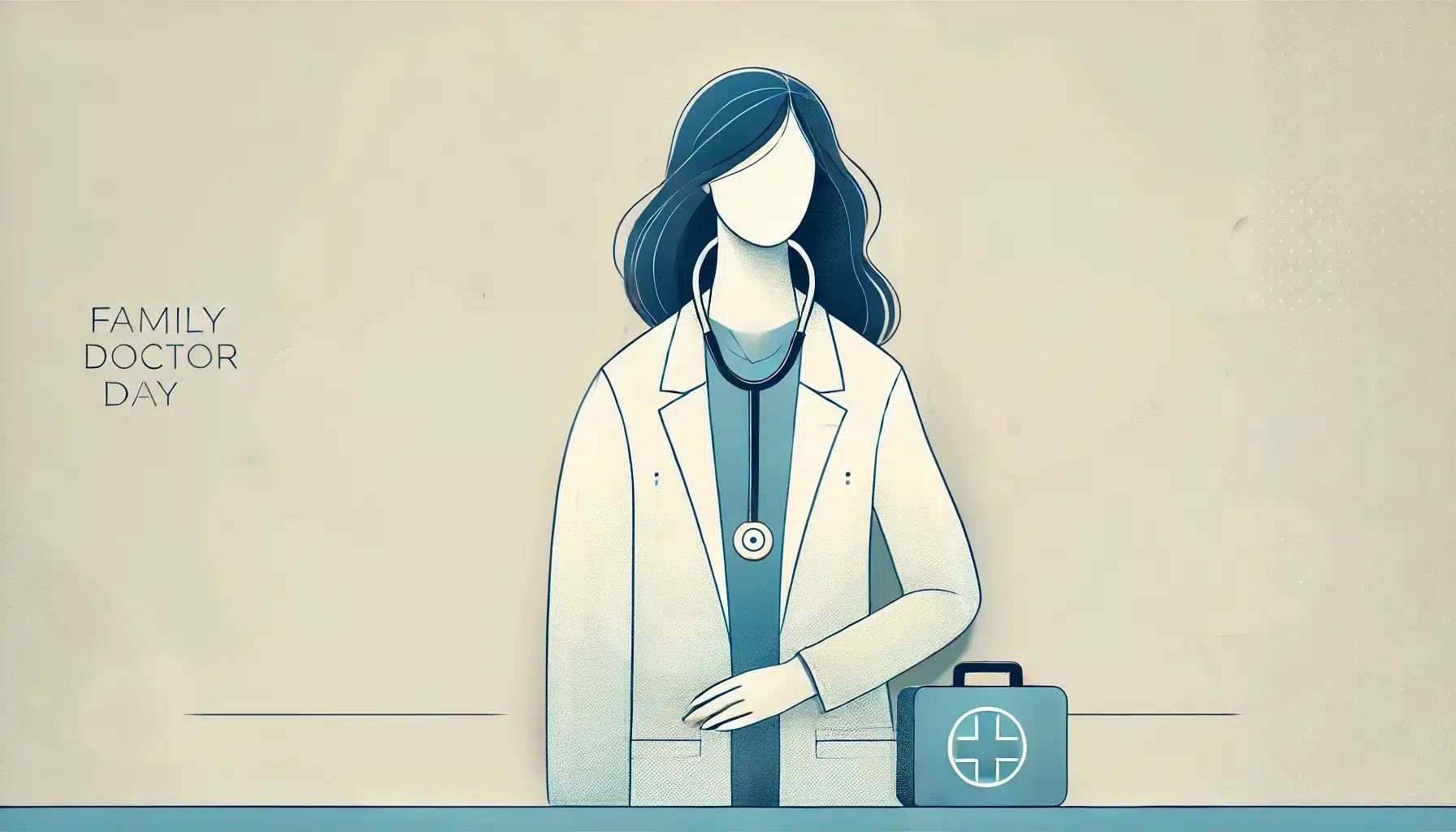What is World Family Doctor Day?
World Family Doctor Day is observed annually on May 19 to recognize and celebrate the role of family doctors in healthcare systems worldwide. Established by the World Organization of Family Doctors (WONCA) in 2010, this day highlights the contributions of family physicians in providing continuous, patient-centered care across all ages and medical conditions.
Family doctors play a critical role in preventive care, managing chronic diseases, and offering holistic medical support to individuals and communities. The day serves as an opportunity to appreciate their dedication while promoting awareness of the importance of primary healthcare.
History and Origin
World Family Doctor Day was first established by WONCA in 2010 during a meeting in Cancún, Mexico. The goal was to create an annual event that acknowledges the essential role of family doctors and general practitioners in global healthcare.
The first official celebration took place on May 19, 2011. Since then, the observance has expanded worldwide, with medical institutions, healthcare organizations, and governments participating in various initiatives to honor family doctors and advocate for strong primary healthcare systems.
Who Participates in World Family Doctor Day?
- Family physicians and general practitioners: Engage in events that showcase their work and commitment to healthcare.
- Healthcare organizations: Organize campaigns and initiatives that highlight the importance of family medicine.
- Medical students and trainees: Participate in educational programs focusing on the role of family medicine in healthcare systems.
- Patients and communities: Express appreciation for family doctors and raise awareness about their contributions.
- Government and policy-makers: Support initiatives to improve primary healthcare and ensure better working conditions for family doctors.
Slogans and Themes
World Family Doctor Day focuses on the impact of family medicine in improving health outcomes, preventing illnesses, and ensuring continuous patient care. Each year, a theme is chosen to address specific challenges and advancements in family medicine.
Slogans such as “Family Doctors: The Heart of Healthcare,” “Primary Care for a Healthier Future,” and “Stronger Communities with Family Medicine” highlight the vital role of family doctors in strengthening public health systems.
Colors
- Blue: Represents trust, professionalism, and reliability in healthcare.
- Green: Symbolizes health, growth, and well-being.
Symbols
- Stethoscope: Represents the medical profession and the hands-on care provided by family doctors.
- Family icon: Depicts the focus on treating individuals of all ages within the family unit.
- Medical cross: Represents the accessibility and essential nature of primary healthcare.
Patterns
- Interconnected circles: Symbolize the holistic and continuous nature of family medicine.
- Hands holding a heart: Reflect the compassionate and patient-centered approach of family doctors.
- Wave-like designs: Represent the balance between prevention, treatment, and long-term care.
Most Used Hashtags
- #WorldFamilyDoctorDay
- #FamilyDoctors
- #PrimaryCare
- #WONCA
- #HealthcareHeroes
How to Celebrate World Family Doctor Day
- Attend educational seminars: Participate in conferences, webinars, and workshops focusing on advancements in family medicine.
- Recognize local family doctors: Communities and healthcare institutions can organize appreciation events or share stories highlighting the impact of family physicians.
- Promote awareness: Use social media platforms to share information about the importance of family medicine and primary healthcare.
- Engage in community health activities: Family doctors can lead health screenings, wellness talks, or outreach programs to promote well-being.
- Advocate for better healthcare policies: Encourage discussions about improving healthcare systems and supporting family doctors through policy changes.
Why is World Family Doctor Day Important?
World Family Doctor Day plays a crucial role in recognizing the essential contributions of family doctors to public health. It raises awareness about the importance of accessible, patient-centered primary care, ensuring better health outcomes for individuals and communities.
The day also encourages young medical professionals to consider careers in family medicine, addressing the global need for more primary care physicians. By promoting the value of family doctors, the observance helps strengthen healthcare systems and highlights the need for continued support, resources, and recognition for these professionals.
Features
- Career and job
- Health
